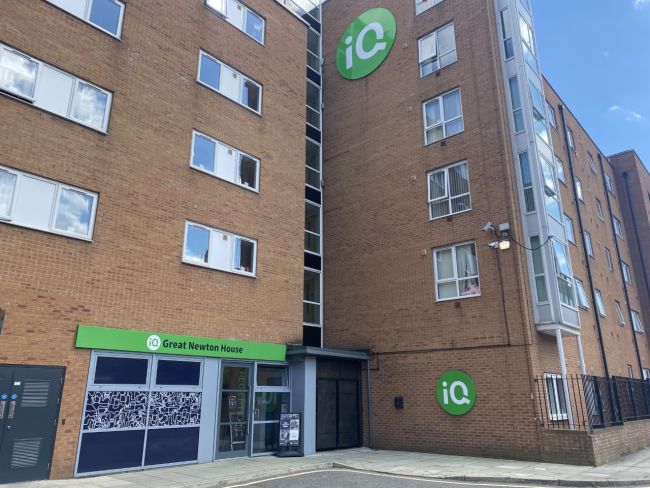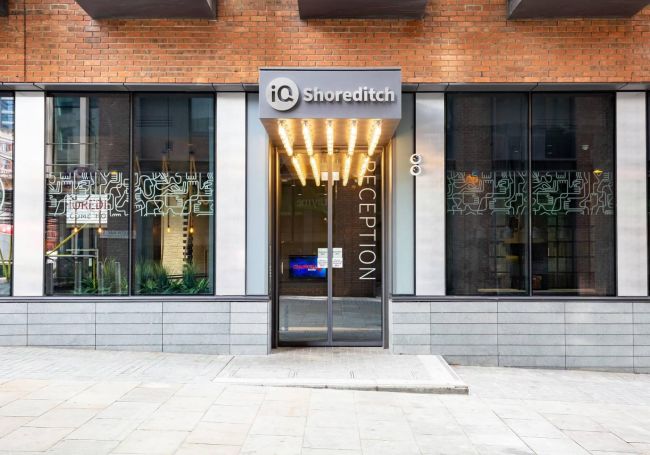Planning your work experience - a blog from HelloGrads
If you read part one of our HelloGrads guide: ‘7 sound reasons why you should do work experience’, you will probably be itching to get some placements or internships under your belt. But it’s a frustrating conundrum facing graduates starting out in the workplace: ‘You need experience to get a job. You need a job to get experience.’ So where do you begin?
In part two, we share top tips from employers, recruiters and recent graduates, to help you nail your applications and accumulate some valuable work experience.
.
Have a plan
First decide what you want to get out of the experience, what specific skills you want to develop, what industry you want to explore. Having a clear strategy will make it easier to research, and will help you write a convincing CV and cover letter.
Make a list of companies you are interested in working for. Consider large organisations and small to medium enterprises (SMEs), as they can offer very different but equally valuable opportunities, so ideally get experience in both. Large, high profile companies will give you formal training on bigger projects; in smaller companies, the work experience might be less structured, but you could benefit from more responsibility, involvement in a wider variety of areas, as well as less competition for places.
Apply early
While you’re still at university, summer internships are great place to start and a large number of firms offer them for students. But top company schemes are in high demand, involve a lengthy competitive selection process, and get booked up quickly – so if you’re interested, check the deadlines and apply early.
It’s advisable to start looking at least six months before you want to do a placement, because the application process can take months - so if you’re looking to work this summer, don’t delay!
Be prepared that you may have to send many applications to receive only a few responses.
Application tips
Prepare well before you start applying: sort your social media profile, update your CV and research each company so you can customise your application.
Your social media profile
Social media is a key recruitment tool for employers, both to search for candidates and to screen applicants.
Set up a professional profile on LinkedIn, so you can be found by recruiters. If you are a creative, Instagram provides a free and easy way to produce an online portfolio to show off your work.
Make sure your personal profile has appropriate privacy settings, so a prospective employer won’t stumble across anything that could be regarded as ‘unprofessional’!
See more tips here on how to make social media work for you.
Tailor your application
Most applications will require a cover letter and CV, and you will need to customise them to each particular organisation you apply for; a vague, generic application won’t get you very far. Use your research to find out about their business, job requirements and core values; then show why you are enthusiastic and interested, and convince them that you would be an ideal fit.
Your CV
Prepare a good basic CV, which you can then adapt to each job application.
It must be well-presented and brief - maximum two pages (one page for financial CVs - check the norm for your industry).
Highlight the skills and attributes that will demonstrate your employability and are most relevant to the organisation you are applying to e.g. team worker, desire to learn, analytical and communication skills. Provide evidence with specific examples from any previous work experience, your university course and also from hobbies/interests/sports, which will show you are a well-rounded person.
Use the PAR technique: Problem, Action, Results – Show what impact you made, providing measureable evidence where appropriate e.g. ‘I was elected captain of the swimming club; I organised training sessions and led the team to win the regional championship.’
Provide a couple of references (e.g. tutors or past employers) to strengthen your application.
Click here for tips on creating a strong CV.
Your cover letter
Don’t underestimate the importance of your cover letter – it needs to spark an interest in finding out more about you!
Find out the name of the person responsible for placements, and address your letter to them. It creates a good impression and has far more chance of being read. Using your research, explain why you are interested in that organisation, what you can offer and why you would benefit from doing work experience with them.
If you don’t hear back within a couple of weeks, follow up with a phone call - if nothing else, it will register your keenness and determination.
See here for more tips on writing a speculative cover letter.
Before you accept…
Do ask savvy questions before you sign up, to ensure the experience will meet your objectives – you don’t want to be photocopying for a month! Find out what you might be working on, what responsibilities you would have, payment terms (if relevant) and whether there’s a chance of securing a permanent position at the end.
Next time, we'll look at where to find opportunities for work experience.
helloGrads
for uni and beyond
Whether you’re flapping about your future, mangled by money worries or simply submerged in a sea of revision… we’ve got tons of tips to get you sorted! The one-stop source of info, tips and real life insights from students, graduates and experts in the know.
Visit us at hellograds.com and sign up for exclusive content and offers.
Facebook: @HelloGrads
Instagram: @hellograds
Twitter: @hello_grads
Search
Location inspiration
If you're not sure where you're heading yet, take a look around our properties in all corners of the UK.

Great Newton House, Liverpool

Shoreditch, London